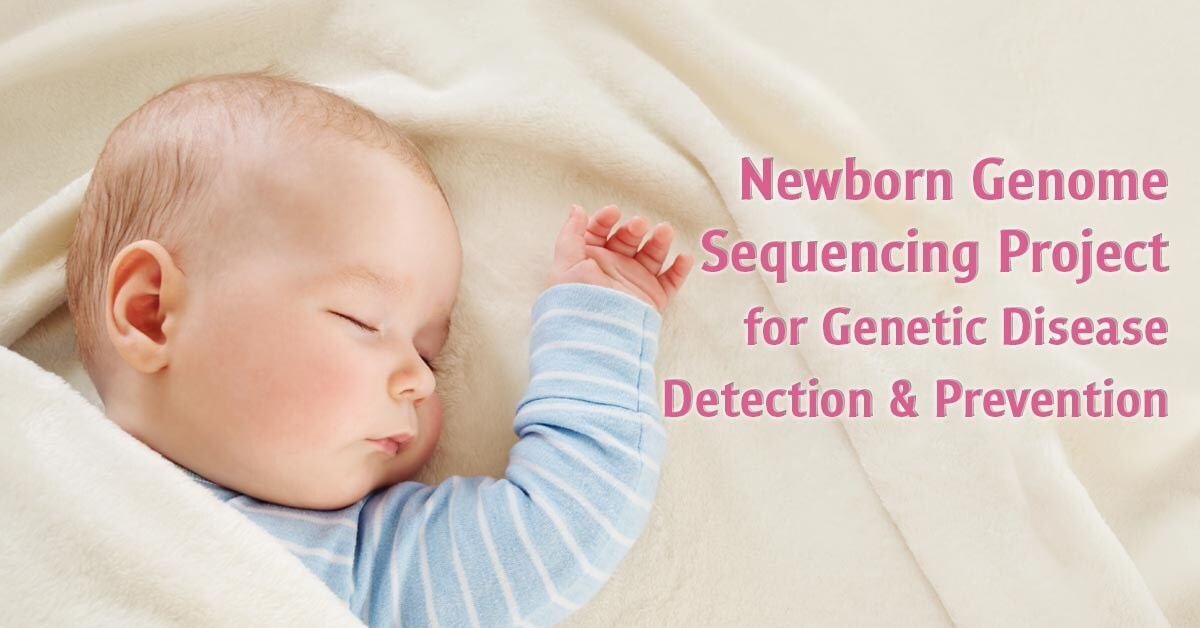Business
Chulalongkorn University Launches Newborn Genome Project for Disease Prevention

On October 17, 2025, the Center of Excellence in Medical Genetics at Chulalongkorn University in Bangkok announced the initiation of a groundbreaking project aimed at performing long-read whole genome sequencing in newborns. This innovative program is designed to screen for 113 genetic diseases, with the objective of enabling early detection, prevention, and treatment, thus enhancing lifelong health outcomes for children.
Advancing Precision Medicine
The launch of this project marks a significant advancement in the field of genomic medicine, which seeks to unravel the genetic underpinnings of diseases. According to Prof. Dr. Vorasuk Shotelersuk, Director of the Center of Excellence in Medical Genetics, the initiative allows for the identification of genetic risks from birth. “Why wait until a person is sick to check their genetic information? We can screen newborns and prevent symptoms before they appear,” he stated.
The new project employs Long-Read Whole Genome Sequencing, one of the most sophisticated DNA sequencing technologies available. This method enables healthcare professionals to ascertain whether a child is predisposed to serious genetic disorders. Following data collection, proactive monitoring and care can be initiated.
Prof. Dr. Vorasuk highlighted that the project has received approval from the Human Research Ethics Committee at Chulalongkorn University, and recruitment for participants is now underway, targeting around 300 volunteers in its first year. Early identification of genetic abnormalities can lead to tailored prevention and treatment strategies for affected children.
Shifting Towards Personalized Medicine
Historically, medicine has relied on a population-based model, which often results in a “one-size-fits-all” approach. Treatment plans were generally designed to work for the majority, leaving a segment of patients without effective solutions. “Genetic sequencing changes this,” Prof. Dr. Vorasuk explained. “We can move from averages to individuals—predicting who will respond, who will not, and who may have adverse reactions. That is personalized medicine.”
He elaborated on three essential terms that encapsulate the future of medical care: personalized medicine, genomic medicine, and precision medicine. Each of these elements leverages genetic sequence data to drive more effective healthcare solutions.
“DNA sequencing technology has evolved tremendously since the 1970s. Today, Long-Read Whole Genome Sequencing allows us to read extended DNA sequences, facilitating the detection of complex mutations,” noted Prof. Dr. Vorasuk. This project aims to utilize this advanced technology to conduct comprehensive genetic screenings for newborns.
The screening process is designed to be safe, painless, and free of charge for both mother and baby. Medical staff at Chulalongkorn Hospital will explain the project during prenatal visits and ensure parental consent is obtained.
After childbirth, blood samples will be collected from the umbilical cord, which is normally discarded. The DNA extracted from this blood will then be sequenced. “Blood becomes DNA, which becomes digital data for analysis,” Prof. Dr. Vorasuk explained. Initially, the focus will be on analyzing 246 genes linked to treatable childhood diseases, with results expected to be communicated to parents within 60 days.
The project specifically targets severe, treatable conditions that manifest within the first five years of a child’s life. For instance, it will not analyze mutations associated with diseases that develop later in life, such as certain cancers. “We focus exclusively on conditions that can be addressed early, ensuring parents are not burdened with anxiety over potential future health issues,” said Prof. Dr. Vorasuk.
Among the conditions detectable through this screening are blood disorders like thalassemia, neuromuscular diseases such as muscular dystrophy, and metabolic conditions like phenylketonuria. Early detection can significantly improve treatment outcomes, as demonstrated by examples provided by Prof. Dr. Vorasuk, highlighting the importance of preventing severe symptoms before they arise.
As the project progresses, Prof. Dr. Vorasuk envisions a future where knowledge of one’s genetic makeup is integral to healthcare. “Who would live a better life—someone who knows their genome from birth, or someone who does not?” he queried. Understanding genetic predispositions can lead to proactive measures, accurate diagnoses, and targeted interventions, ultimately improving overall health.
While the cost of genomic sequencing remains high, advancements in technology are steadily driving prices down. Should this project prove successful, it may pave the way for similar initiatives nationwide, ensuring that all children in Thailand have access to their genetic information from birth. “Knowing one’s genome is the foundation of future medicine,” Prof. Dr. Vorasuk concluded, underscoring the potential for gene editing and therapy in the years to come.
For those interested in participating in the newborn genetic sequencing program, inquiries can be directed to +662-256-4000 ext. 73102 to 73105 during office hours.
-

 World4 months ago
World4 months agoTest Your Knowledge: Take the Herald’s Afternoon Quiz Today
-

 Sports4 months ago
Sports4 months agoPM Faces Backlash from Fans During Netball Trophy Ceremony
-

 Lifestyle4 months ago
Lifestyle4 months agoDunedin Designers Win Top Award at Hokonui Fashion Event
-

 Entertainment4 months ago
Entertainment4 months agoExperience the Excitement of ‘Chief of War’ in Oʻahu
-

 Sports4 months ago
Sports4 months agoLiam Lawson Launches New Era for Racing Bulls with Strong Start
-

 World5 months ago
World5 months agoCoalition Forms to Preserve Māori Wards in Hawke’s Bay
-

 Health4 months ago
Health4 months agoWalking Faster Offers Major Health Benefits for Older Adults
-

 Lifestyle4 months ago
Lifestyle4 months agoDisney Fan Reveals Dress Code Tips for Park Visitors
-

 Politics4 months ago
Politics4 months agoScots Rally with Humor and Music to Protest Trump’s Visit
-

 Top Stories5 months ago
Top Stories5 months agoUK and India Finalize Trade Deal to Boost Economic Ties
-

 Health2 months ago
Health2 months agoRadio Host Jay-Jay Feeney’s Partner Secures Visa to Stay in NZ
-

 World5 months ago
World5 months agoHuntly Begins Water Pipe Flushing to Resolve Brown Water Issue









